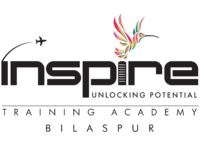Attention Management Skills
Attention Management is a useful skill that allows managers to connect with their employees on an emotional level and motivate them to focus on their work and how to reach their personal and company goals. Your participants will gain valuable insight and strategies into what it takes to be more attentive and vigilant.
What you’ll learn
- Define and understand attention management.
- Identify different types of attention.
- Create strategies for goals and SMART goals.
- Be familiar with methods that focus attention..
- Put an end to procrastination.
